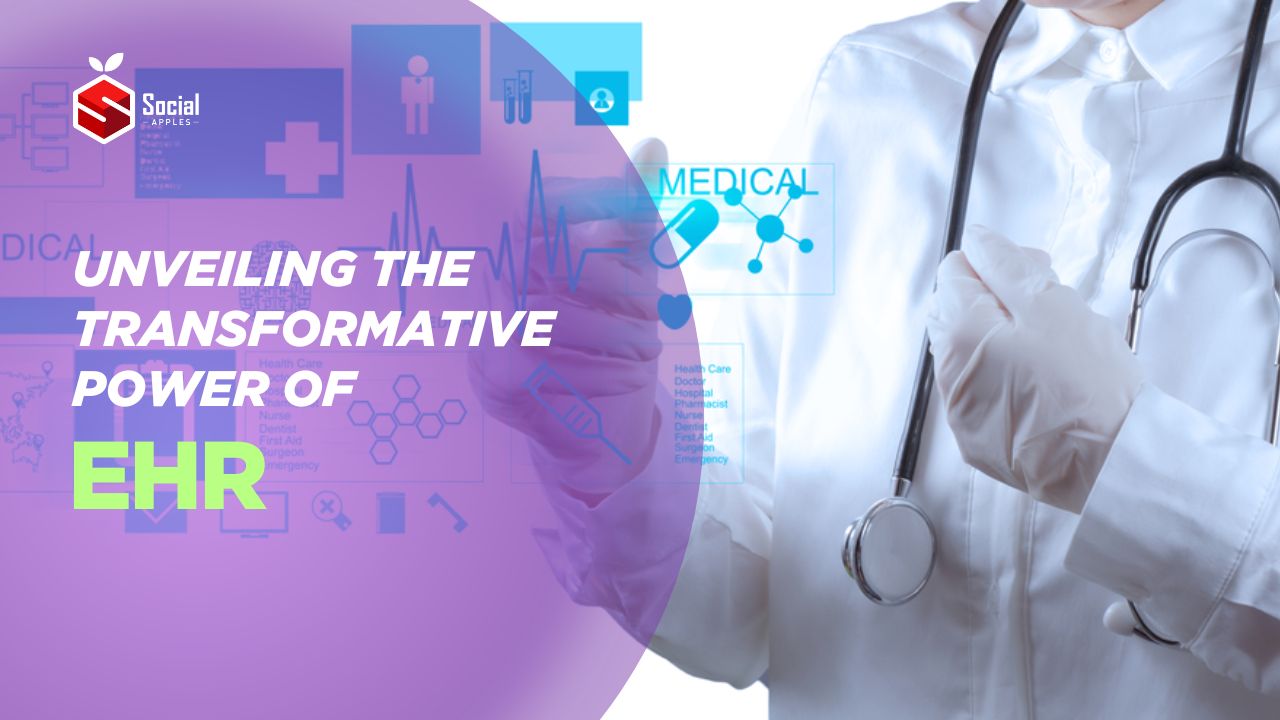In the ever-evolving landscape of healthcare technology, one term has emerged as a cornerstone of efficiency and progress: Electronic Health Records (EHR). Initially conceived in the 1960s, EHR has since revolutionized the healthcare industry, streamlining processes and enhancing patient care through digitalization. EHR, short for Electronic Health Records, encapsulates a comprehensive digital repository of patient information, including vital signs, medical history, diagnoses, medications, lab results, immunizations, and radiology reports. Its inception marked the beginning of a transformative journey for healthcare management and delivery.

Contents
Functionality and Integration
Today, EHR systems serve as centralized platforms, facilitating seamless communication and data sharing among various stakeholders in healthcare, including medical practices, pharmacies, insurers, labs, and radiology departments. By digitizing patient records, EHR has reduced reliance on cumbersome paperwork and optimized resource utilization and time management across the industry.
Benefits and Advancements
The transition from paper-based records to digital formats has yielded numerous benefits, including increased accuracy, improved accessibility, and enhanced privacy compliance. The ability to edit and update records in real-time ensures data integrity while adhering to stringent regulations such as HIPAA. Moreover, EHR products undergo rigorous assessments to meet standardized drug databases, ensuring the highest quality and compliance.
Challenges and Security Concerns
Despite its transformative potential, the widespread adoption of EHR systems also presents unique challenges, particularly concerning data security and integrity. The concentration of vast amounts of sensitive information within a single system underscores the importance of robust backup and recovery protocols to mitigate the risk of data loss or corruption. Furthermore, the escalating threat landscape, marked by cyber attacks and breaches, necessitates proactive measures to fortify EHR systems against evolving threats.
Future Directions and Innovations
Looking ahead, the future of EHR lies in embracing cutting-edge technologies to enhance data security and resilience. While concepts like smart contracts hold promise for bolstering security measures, their widespread implementation remains a subject of ongoing exploration and debate.
Despite the inherent complexities and uncertainties, the journey of EHR from its humble beginnings to its current state of innovation serves as a testament to the enduring spirit of progress and adaptation within the healthcare industry.
In retrospect, the evolution of Electronic Health Records stands as a testament to the transformative power of technology in revolutionizing healthcare delivery. From its inception in the 1960s to its present-day innovations, EHR continues to redefine industry standards, driving efficiency, accuracy, and patient-centric care. As we navigate the complexities of an increasingly digitized healthcare landscape, the journey of EHR serves as a beacon of inspiration, reminding us of the endless possibilities that lie ahead in our quest for better health outcomes.









![Free Roblox Accounts with Robux [100% Working] 2024 free roblox accounts with robux](https://socialapples.com/wp-content/uploads/2024/02/free-roblox-accounts-100x70.jpg)


This article is truly enlightening! I absolutely love the insights you’ve provided regarding the Power of Electronic Health Records (EHR) in the healthcare sector. It’s fantastic how technology is revolutionizing the way we manage health information, and your explanation has added a whole new layer of understanding.
A big thank you to the author for shedding light on this transformative journey – a testament to the positive change electronic health records bring to the forefront of patient care!